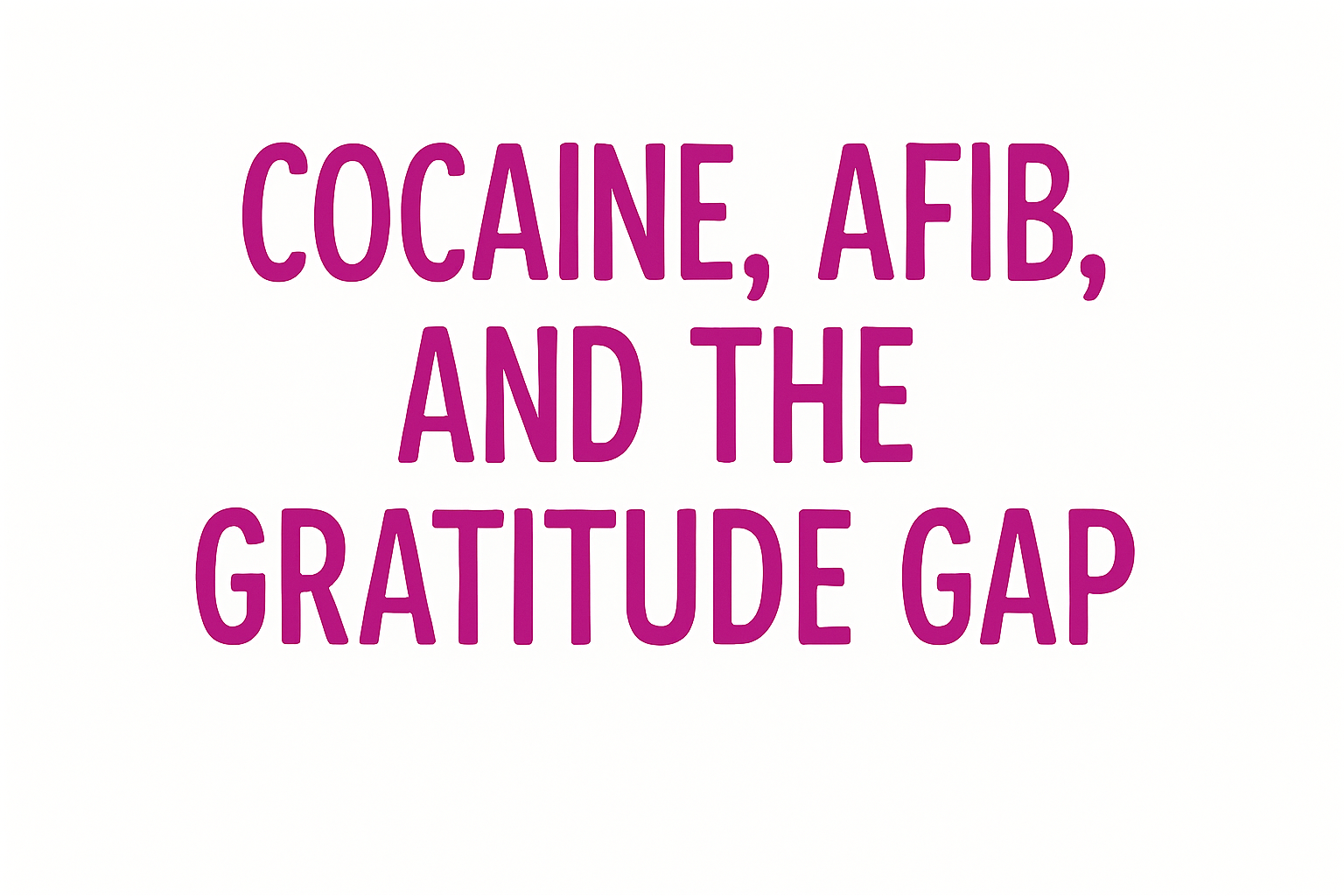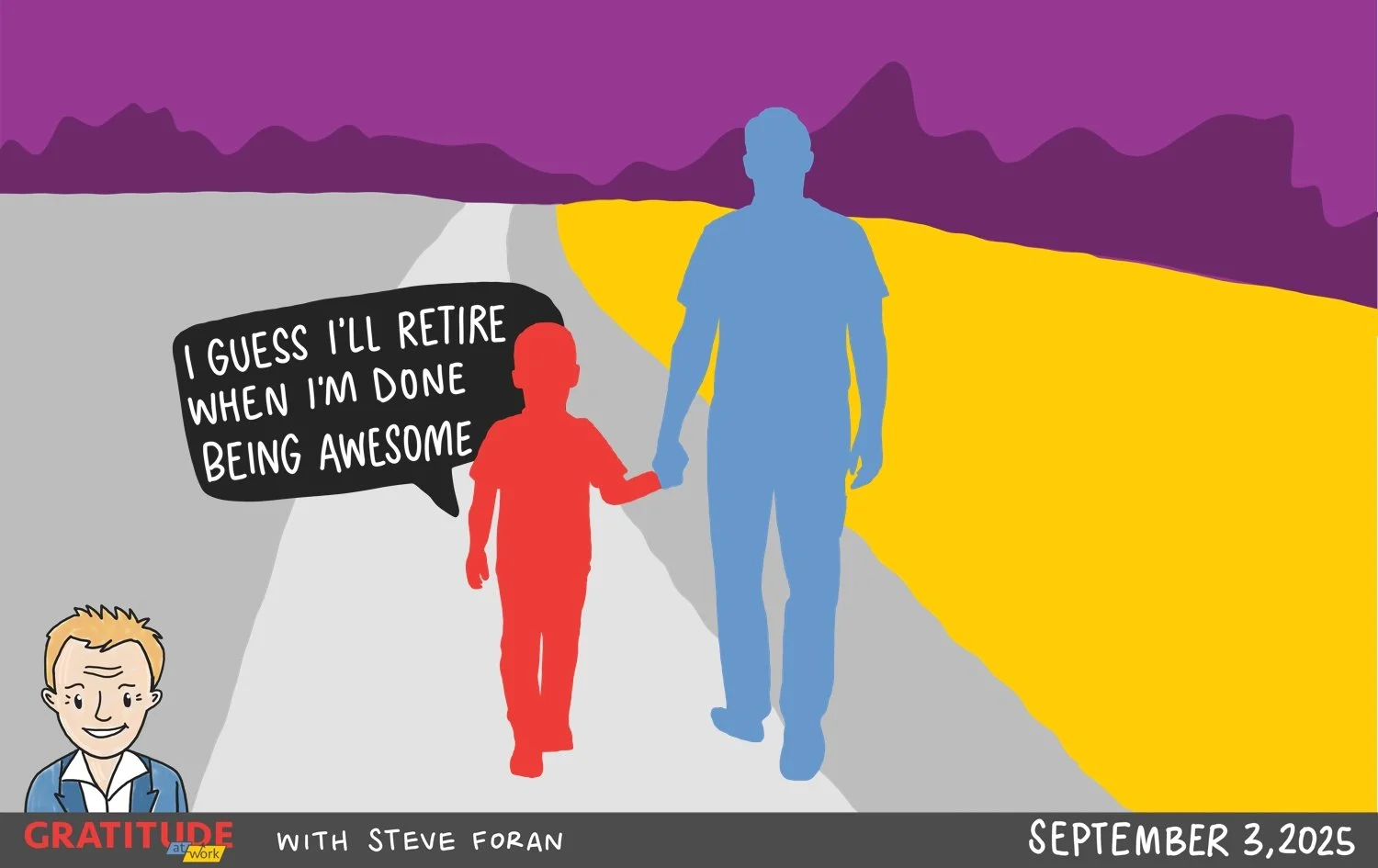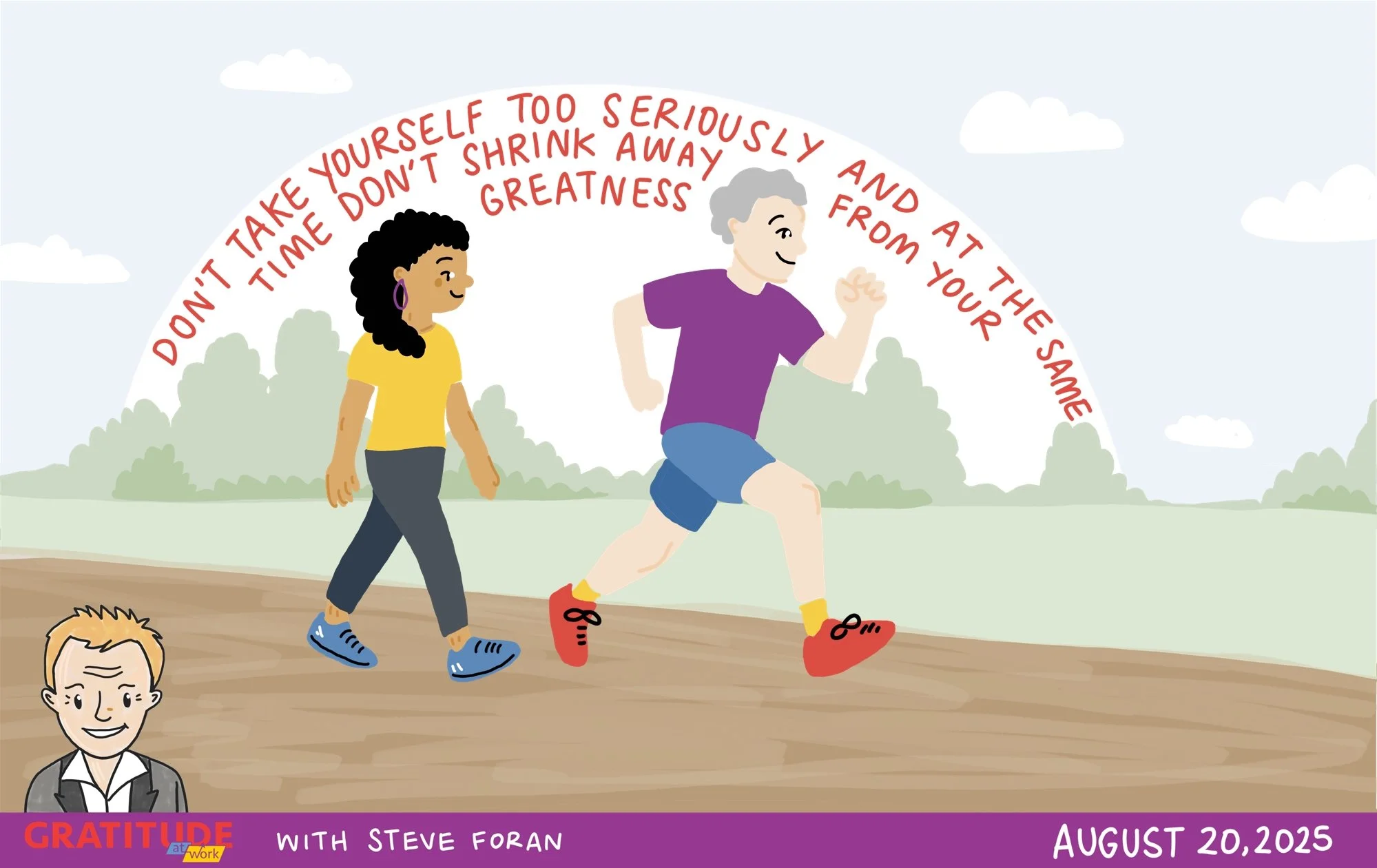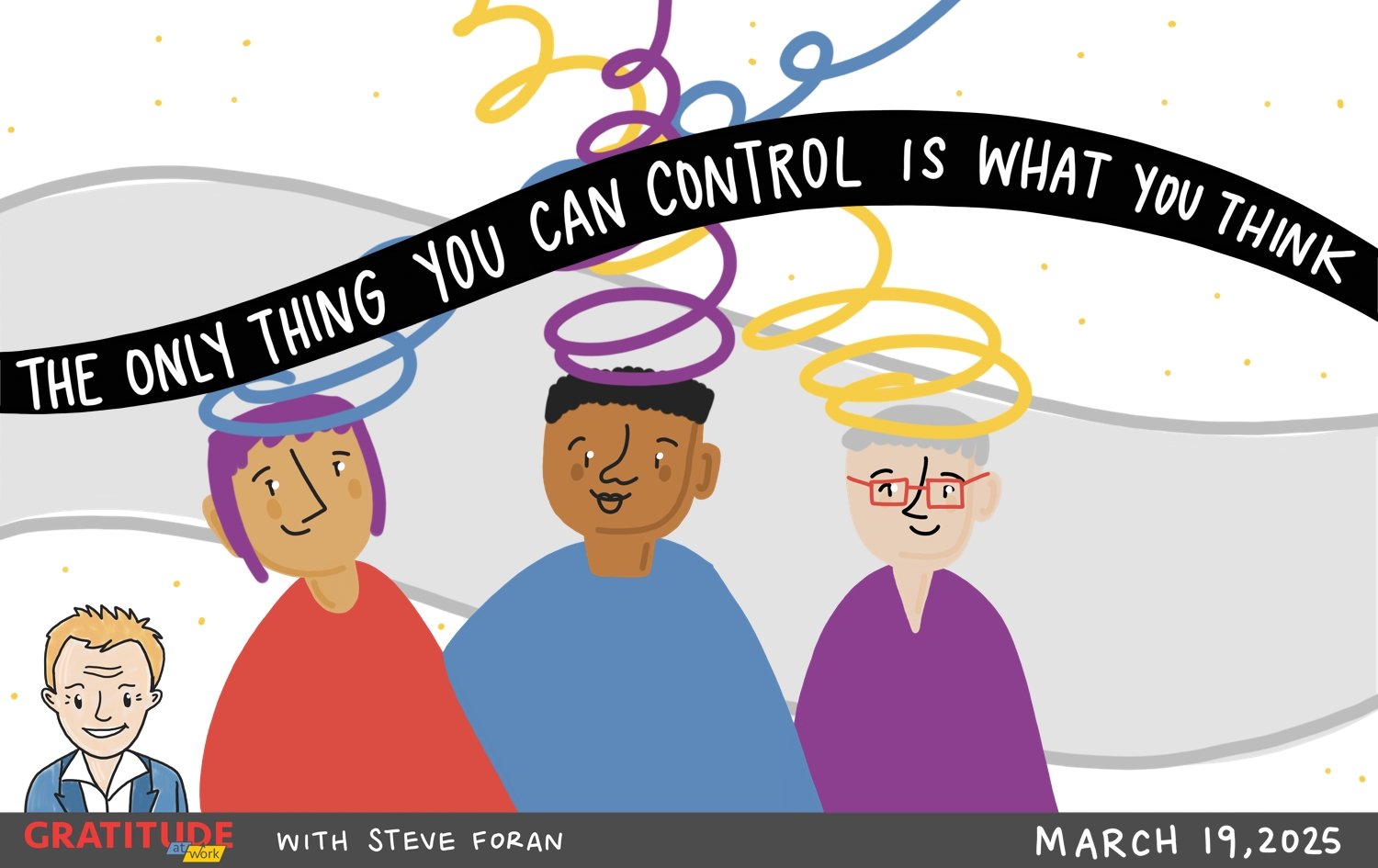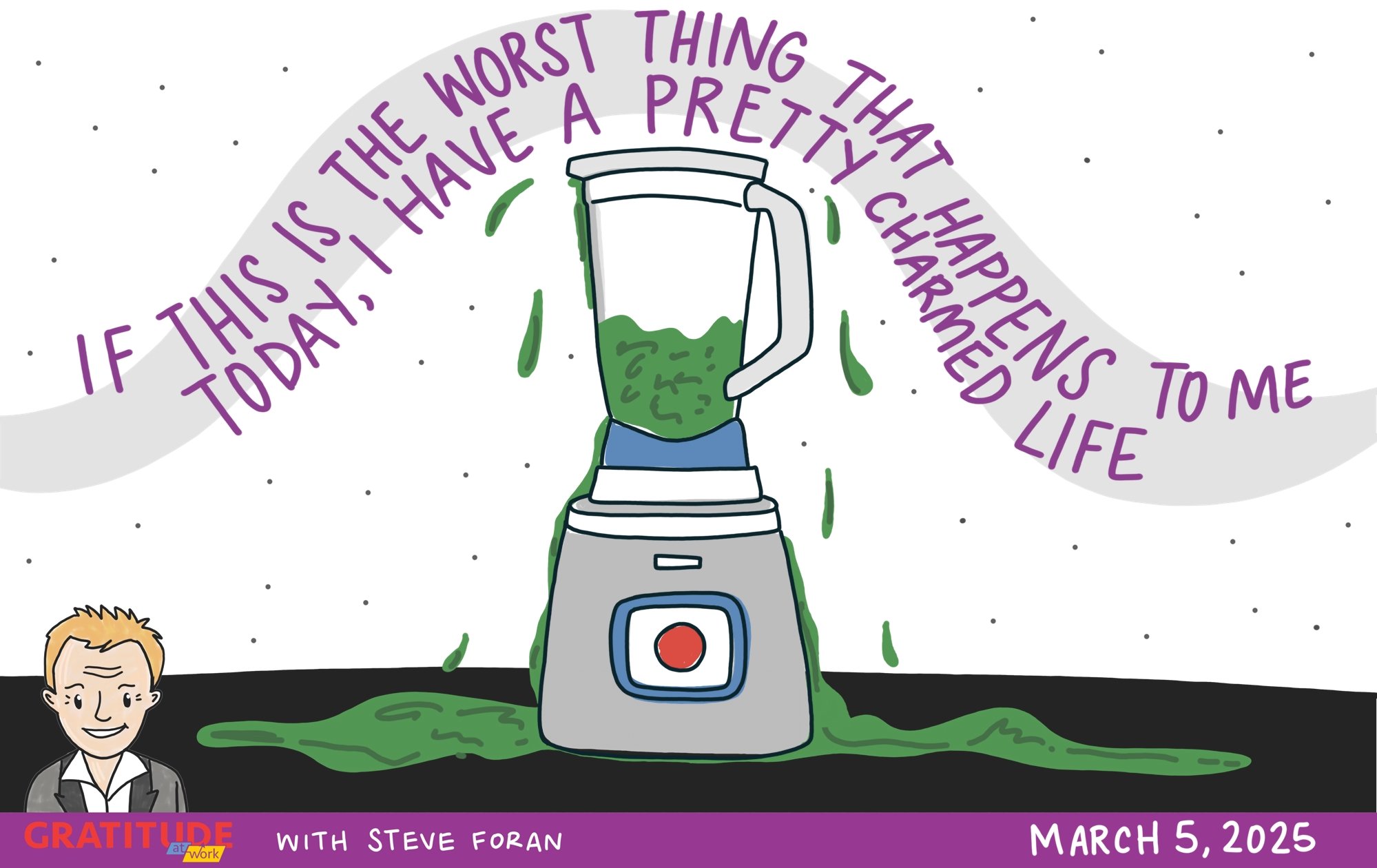Unlocking Gratitude: The Science Revealed
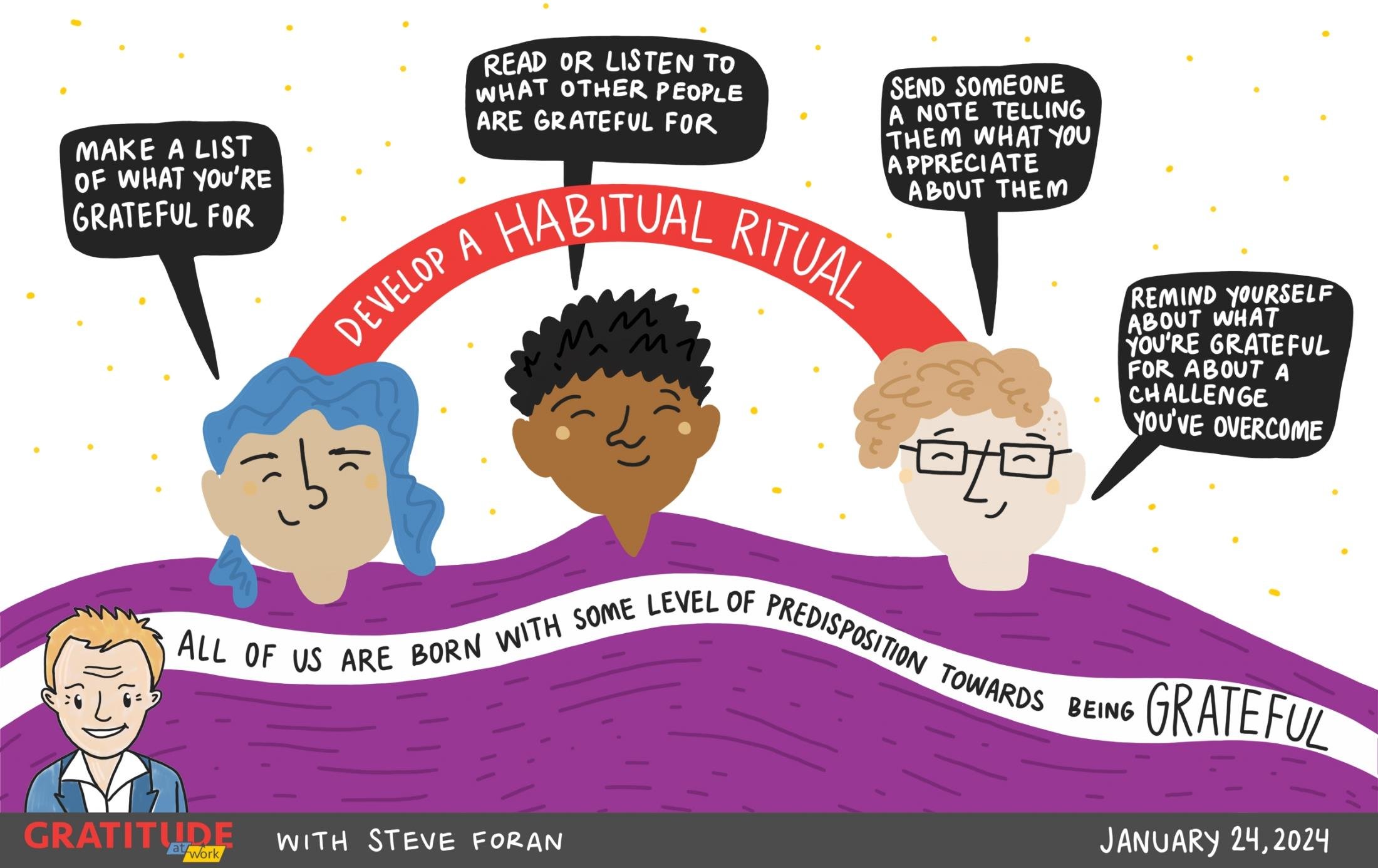
Last week I was talking with a colleague and he says, "I’m trying to get my head around the science behind what you do. There is science, isn’t there ? What are the top three proven benefits of gratitude ?"
I’m thinking, "Excellent question."
I do a quick mental ranking of the first 8-10 benefits that come to mind and I begin, "In my view the most important benefit is that grateful people have greater overall wellbeing—they are happier and have more life satisfaction. The second benefit is longevity. Grateful people live longer."
As I’m framing up the third most important benefit, it strikes me what I’ve said is wrong.
"Hold it. We have to back up. The most important scientific evidence is neither of these. In fact, it’s not even a benefit of being grateful. The most important scientific fact about gratitude is that your natural predisposition to being grateful is not fixed—it can grow and increase."
"What do you mean ?" he says.
"Here’s the thing, all of us are born with a some level of predisposition towards being grateful. For some of us, the predisposition is high so gratitude comes easy. For some, that natural tendency is low so gratitude is more difficult to find. But the good news is, with practice, anyone can increase and develop their predisposition to being grateful."
"Yup. That’s it for sure. This is powerful." I add.
Our conversation steers into a discussion about how anyone can implement a few simple practices to help strengthen their gratitude muscles and change from someone who isn’t naturally grateful into someone who is more naturally grateful—by default.
Here are a few practices you can use to strengthen and grow your gratitude muscles and be more grateful by default:
make a list of what you’re grateful for
read or listen to what other people are grateful for
send someone a note telling them what you appreciate about them
remind yourself what you’re grateful for about a challenge you’ve overcome
But don’t fall into the trap of trying these ideas for a week and expecting lifelong results. A grateful mindset is like showering, brushing your teeth or exercising, it is a lifelong practice. If nothing else, focus on just the first two practices and you will develop a Habitual Ritual that will cultivate the mindset of excellence for the rest of your life.
And here’s the thing—if you don’t work on your gratitude practice, your mindset will move in the opposite direction and you will become less grateful.
Get our Keeping Level blog delivered to your inbox as soon as it’s released every second Wednesday.






